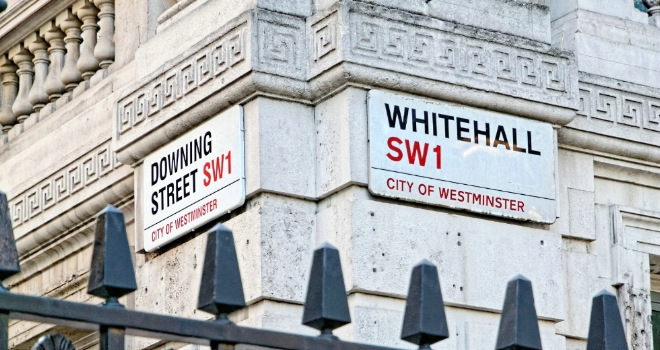
"Those active in buy-to-let are currently being buoyed by a highly competitive remortgage market – in that sense the sector mirrors the wider residential one"
...only to find that the Chancellor, Philip Hammond, had just written to Conservative MPs to tell them he would not be introducing the rise in Class 4 National Insurance Contributions (NICs) that he’d outlined in his March Budget and had received such a negative response.
This news reminded me of that old political adage, about ‘a week being a long time in politics’ given it was exactly a week to the day since that announcement had been made. As someone was quick to point out, it took George Osborne two months to u-turn on his pasty tax back in 2012 – this u-turn appears to have been made much more quickly.
One can only wonder if there will be further measures announced in the March Budget that never actually make it to the statute books and, conversely, whether we will see the introduction of changes not outlined in the Budget. I think there will be a significant number of housing and mortgage market stakeholders who are certainly hoping that the Chancellor looks again at the issue of additional property stamp duty and the extra charge that was introduced at the end of last March.
In the lead up to the Budget, there was much speculation about whether Hammond would reconsider. As it was, there was barely a word said about the property market, let alone stamp duty, and a quick look at the Office for Budget Responsibility’s (OBR) forecast on stamp duty take over the next five years reveals that it anticipates the additional charge to bring in between £1.6bn, rising to £2bn, by the end of that five-year period. It’s perhaps no wonder that Hammond isn’t keen to u-turn in this area.Yet.
Because by the time of the November Budget this year, I’m not convinced that a) those OBR stamp duty forecasts will be the same, and b) that Hammond won’t be looking down the barrel of a housing market with a significant fall in purchase transactions, notably in the buy-to-let market which has obviously been deeply impacted by the stamp duty rules.
Consider this evidence from the CML which recently published its latest statistics on the buy-to-let mortgage market. Last January, there were 9,700 purchase buy-to-let loans written compared to just 5,900 in the corresponding month this year; in terms of actual lending, that equates to £1.4bn in January 2016, compared to just £0.8bn this year. That’s a drop of 42.9% over the period – and while you might be able to brush this off as a ‘winter lull’ it’s not like the trend hasn’t been the same since the introduction of that stamp duty change.
Those active in buy-to-let are currently being buoyed by a highly competitive remortgage market – in that sense the sector mirrors the wider residential one – however, when you add in the recent PRA underwriting changes introduced in January, plus next month’s mortgage interest tax relief changes for landlords, and the new underwriting measures for portfolio landlords that lenders have to adopt from September, it seems to me that we are looking potentially at a very depressed buy-to-let purchase market for the foreseeable future.
And that will undoubtedly impact on those OBR stamp duty take forecasts, which may well make the powers that be, principally the Chancellor, look again at the value of such a policy. What would be the boost to purchasing if that stamp duty change was ditched? I would imagine rather significant – especially if purchase numbers keep dropping and that extra charge cash continues to drop. Indeed, I would argue that ditching the 3% extra charge would deliver a boost that might allow the Government to recoup the extra stamp duty, and then some, simply via greater purchase activity.
In the sense of the NICs change, this would be a rather slower u-turn, but it would be just as welcome and I believe would deliver a much-needed impetus to the housing market. I’m not holding my breath, but I’m prepared to wager that by November this will be back on the table again, and perhaps then we’ll get the u-turn the market deserves.





